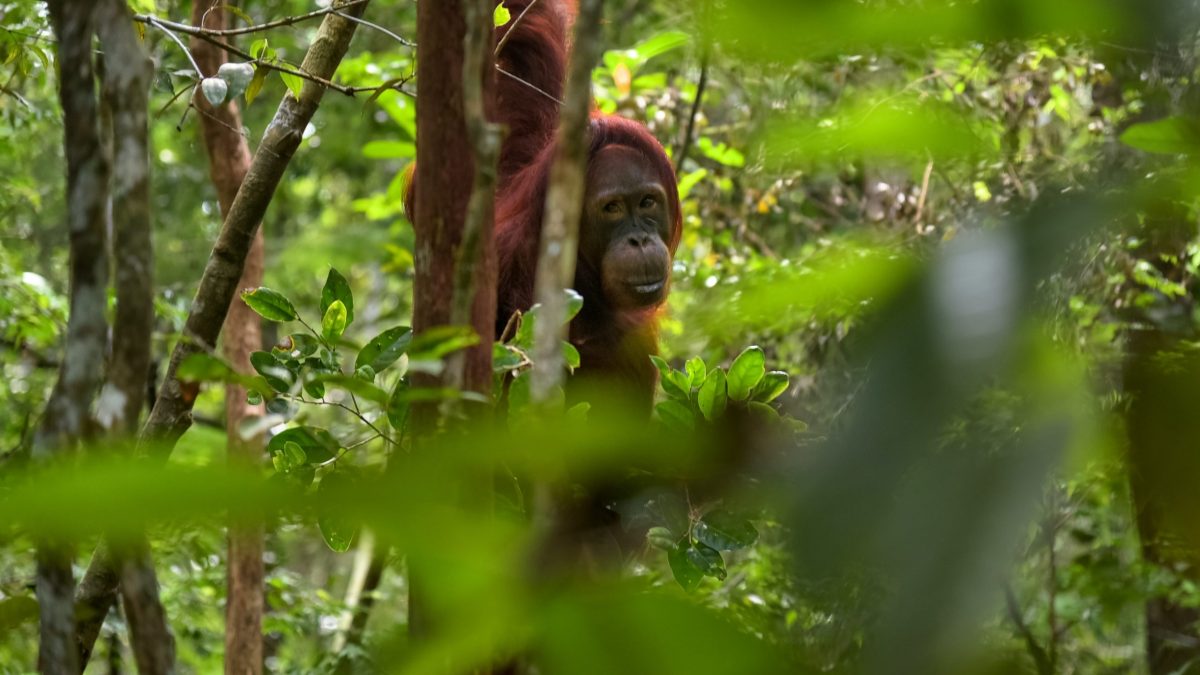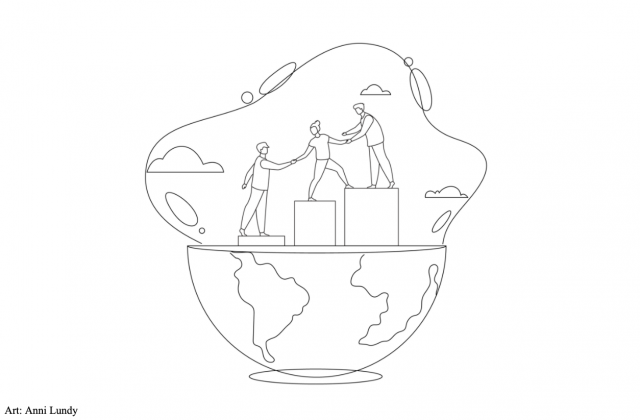
The biodiversity found on earth is the result of billions of years of evolution. A natural part of the evolutionary process is extinction, where species disappear owing to changes in their living conditions, which they are unable to survive. In recent times, however, the rate of extinction has increased dramatically as a result of the impact of human activities. An extinct species is one for which there is a historical record, but which no longer exists in the area under review.
The variety of life on earth forms a huge gene pool, which is a source of crucial importance to humanity for food, fuel, shelter and to maintain health. While modern technology has given people greatly increased power over nature, it has done little to reduce our dependence on biodiversity. As species loss increases, the question now being posed is: “How does loss of species impact on the quality of human life?”
Potential impacts of the loss of biodiversity include:
- Loss of potential cures for diseases
- Decreasing genetic diversity within food crops
- Increasing global climate change
- Loss of habitats.
What can be done? We all need to reduce our ecological footprint and live “more lightly” on the earth. demands for goods and services place pressure on the environment – the less we use, the less our pressure on natural resources.
Alison Kelly – WESSA
Enviropaedia




